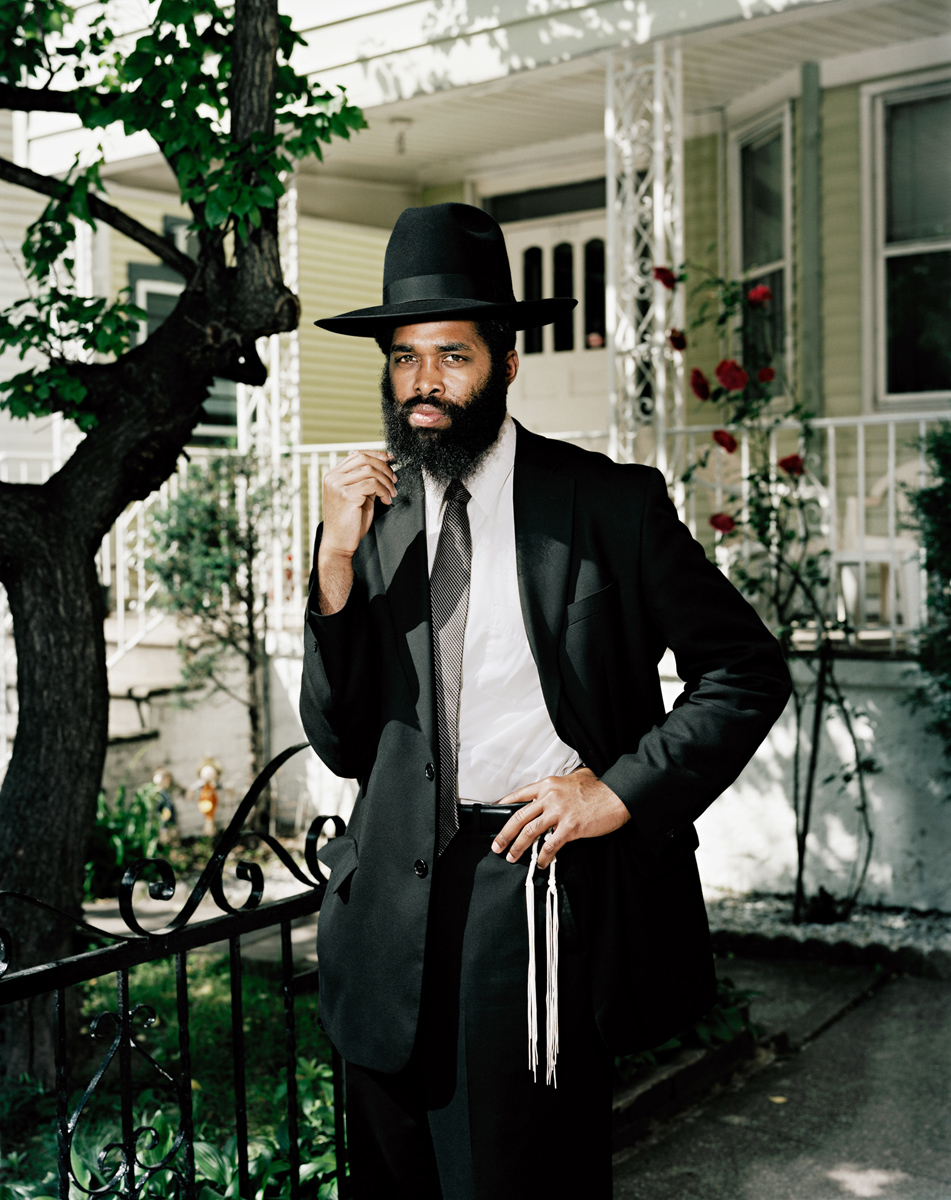
Almost 1500 photographers applied for the Individual Photographer’s Fellowship grants this year presented by the Aaron Siskind Foundation, honoring the legacy of the legendary photographer best known for pioneering lens-based modernist abstraction.
“He was a wonderful teacher, he was always interested in new ideas and in things that challenged us,” says Charles Traub, president of the Aaron Siskind Foundation and Chair of the MFA Photography, Video and Related Media Department at the School of Visual Arts. “We’re interested in all aspects of the creative photographic medium and all genres of photograph investigation — as long as the work is new and fresh.”
The eligibility requirements for the $5-10,000 grants are exceptionally democratic. They’re open to any professional, a citizen or resident of the United States, “who’s working on a serious body of work, who is trying to do something imaginative, important, moving the dialogue of our medium forward,” Traub says, and adds: “the term ‘professional’ is of course a loosely defined word.”
“There are no strings attached. It’s not like you have to have five million references, and a complete bio and all this stuff. It’s really just what you present.”
The Foundation selects three new judges each year — one from the editorial field, one artist and one curator — with an effort to avoid being East Coast-centric. This year’s judges were Natalie Matutschovsky, senior photo editor at TIME, photographer Andrew Moore, who recently published a new book on Cuba, and Tim Wride, curator at the Norton Museum of Art, formerly at LACMA.
“[The jury] tends to lean towards younger photographers,” since they are the ones who usually bring forth the newest, yet-to-be-recognized work, but occasionally, Traub says, “there is a better known older photographer who does submit new work that surprises the jury.”
This year, six photographers were each awarded $8,000 grants. “We gave six instead of our usual five this year because we just couldn’t pare it down any further,” Traub says. They are:
Michelle Frankfurter presented her series Destino which portrays the “perilous journey of undocumented Central American migrants along the network of freight trains lurching inexorably across Mexico, towards the hope of finding work in the United States.”
Wayne Lawrence documented the diverse experiences of African-American Orthodox Jews living in New York City.
Joshua Lutz presented a conceptual portrait of his mother’s descent into mental illness as “she slowly slipped away from the aggressive paranoia of my youth to an almost calming sense of delusion,” he writes. The series was published as a book titled Hesitating Beauty by Schilt in 2012.
Justin Maxon documented life in Chester, Pa, where industry has collapsed and the murder rate is among the highest in the nation, “a place where a domino effect of socio-economic issues and a long history of government corruption have revealed the community to be a microcosm of the wounds of racism that stain this country today.”
Jenny Riffle presented a complex portrait of Riley, a scavenger who as a child read “Mark Twain’s stories of Tom Sawyer and Huckleberry Finn and decided he wanted to be like those mythical boys. He wanted a life full of treasure and adventure.”
Sasha Rudensky presented her series Brightness which focuses on “an orphan generation of Russians, Ukrainians and Belorussians that came of age in a social vacuum, having disowned their past but lacking any means of orientation within the present.”
“I thought these were all wonderful photographers from diverse backgrounds, ethnicities, from different parts of the country,” Traub says. “Largely, the work had a kind of narrative in it, a sort of structure of a story not told in a linear way and not told necessarily in a traditional documentary way. There was a great deal of technical competence and a kind of idiosyncratic look at life.”
Eugene Reznik is a Brooklyn-based photographer and writer. Follow him on Twitter @eugene_reznik.
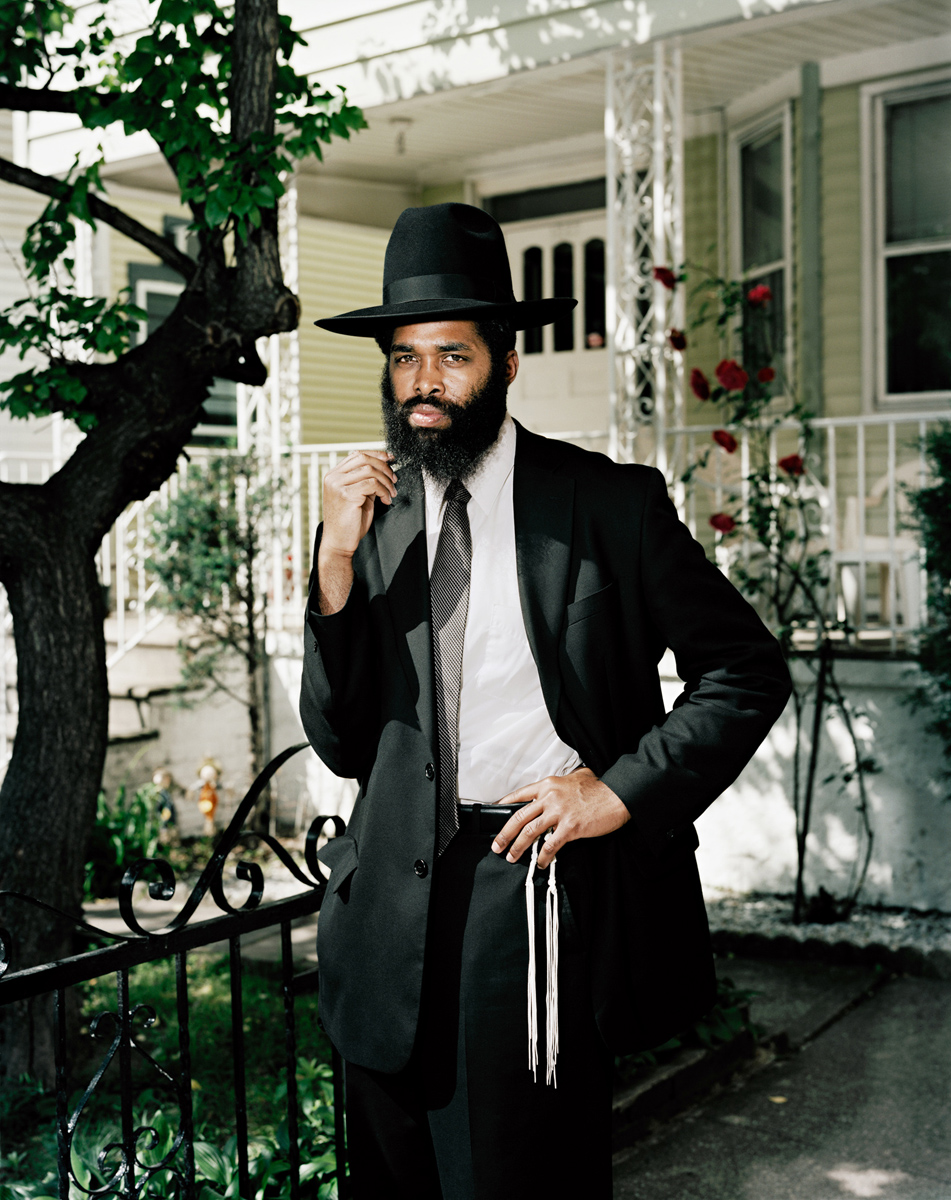
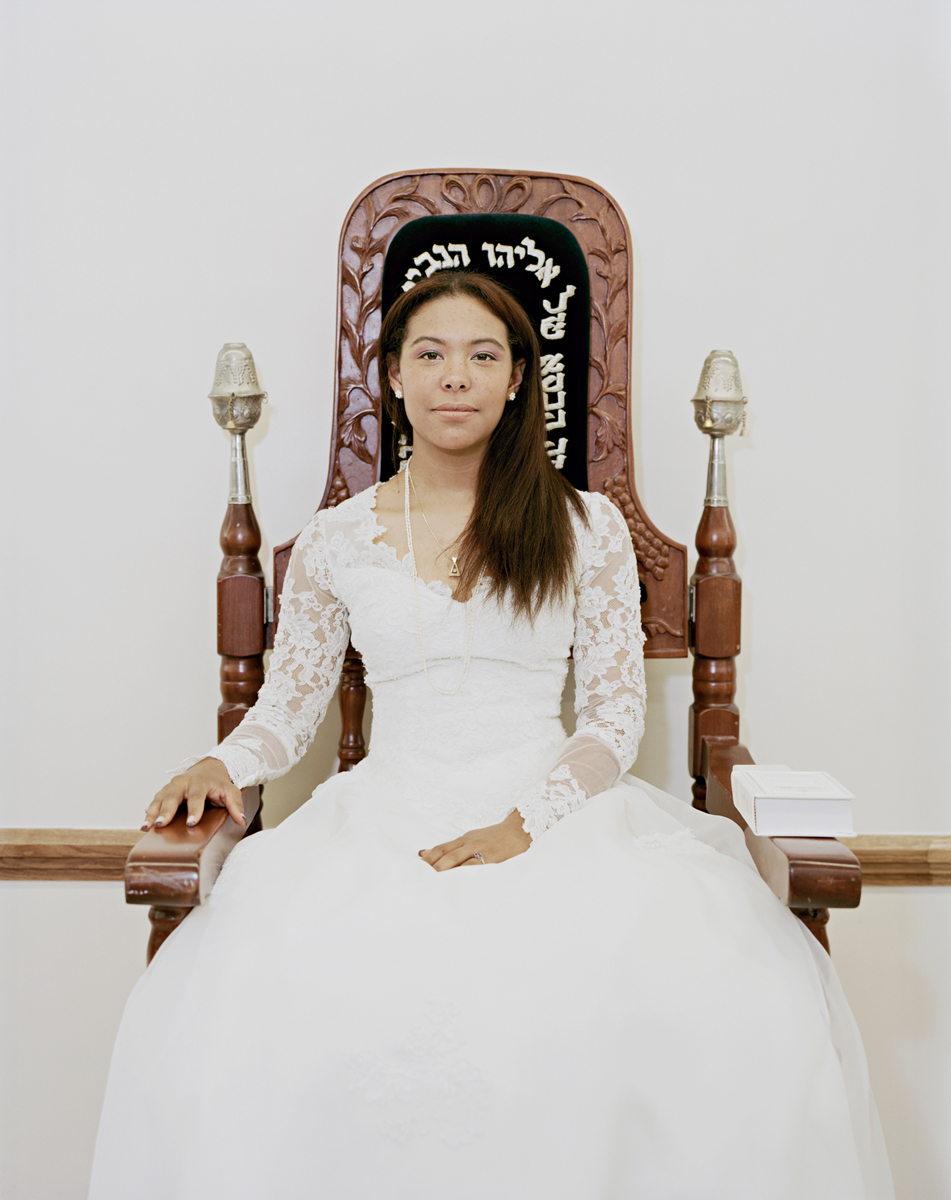
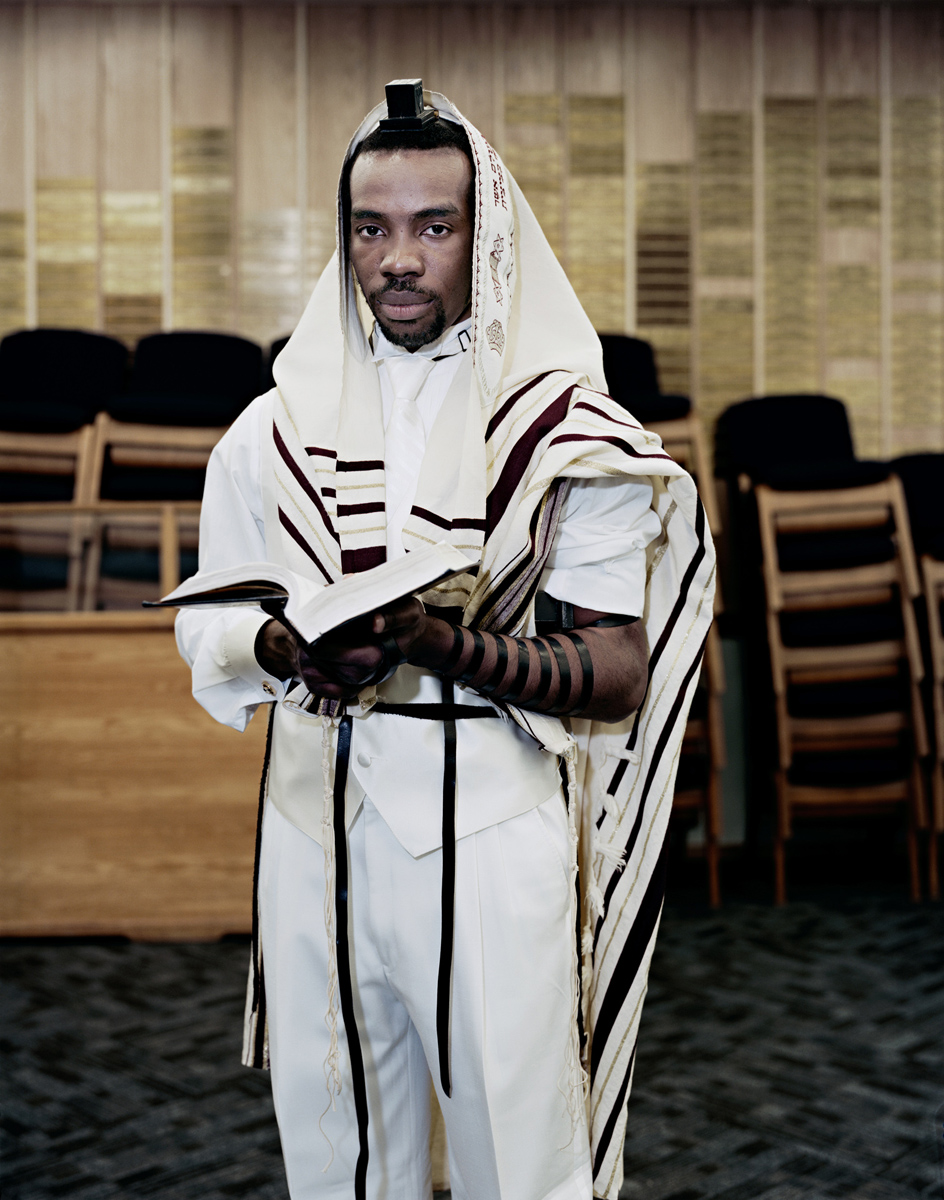
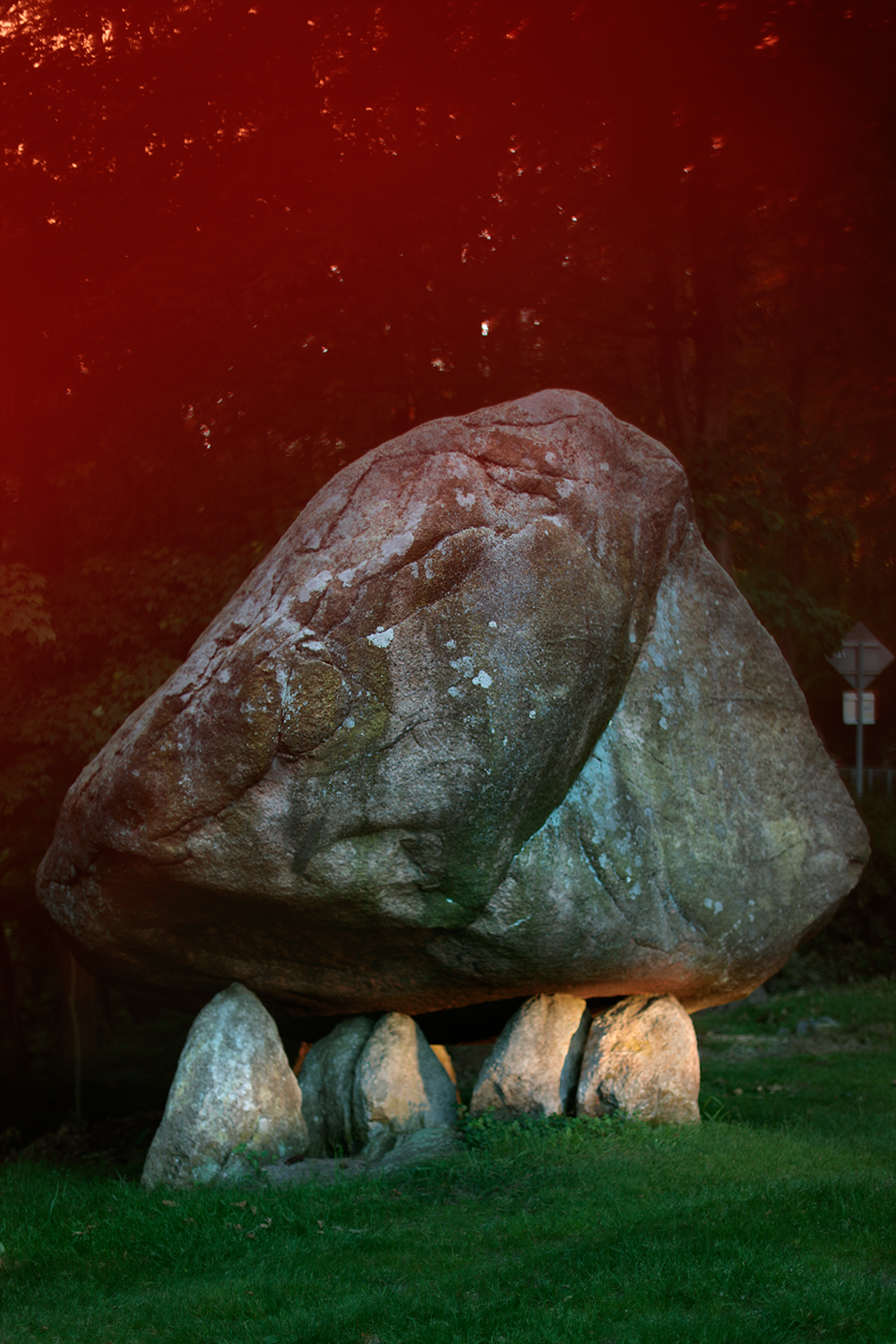
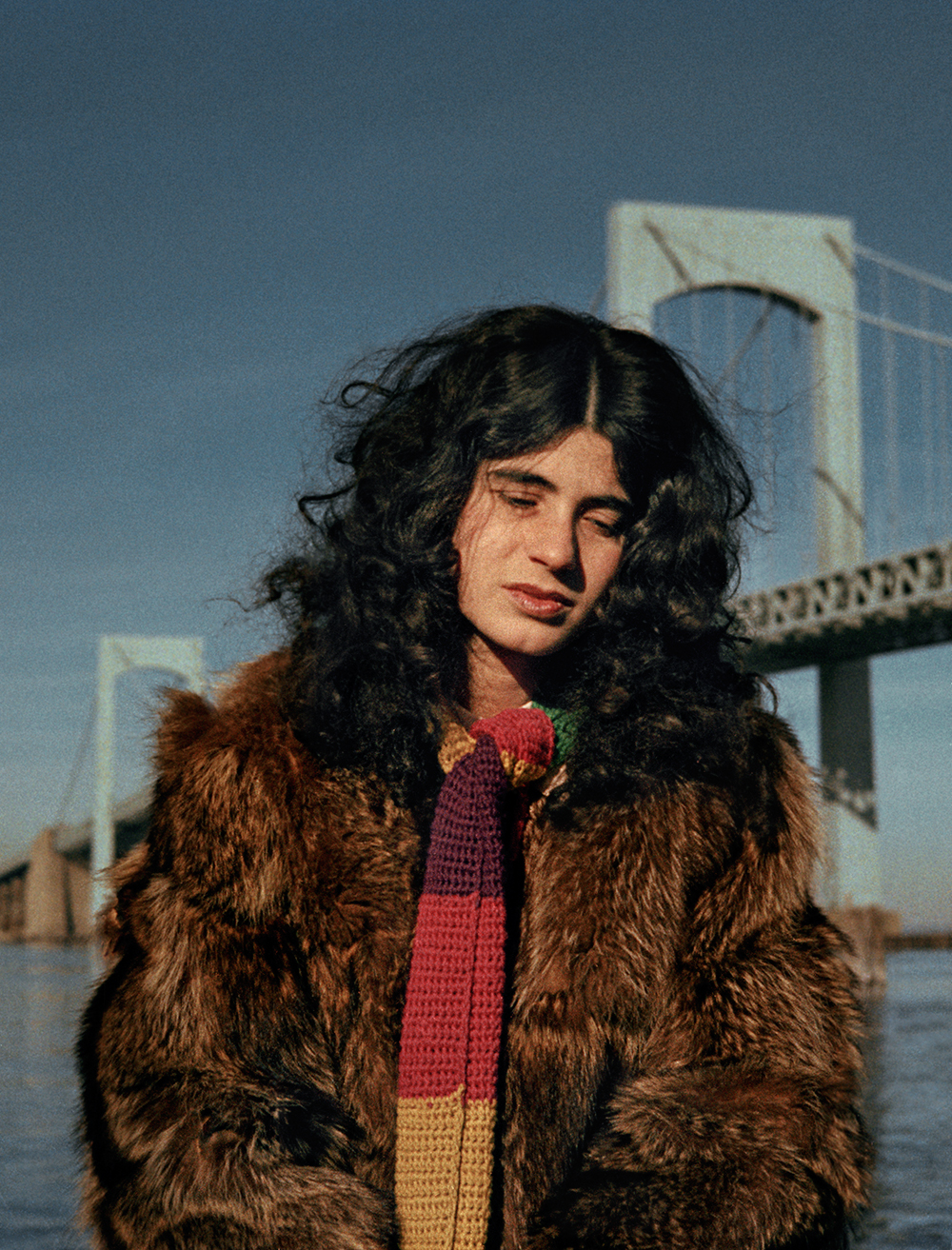

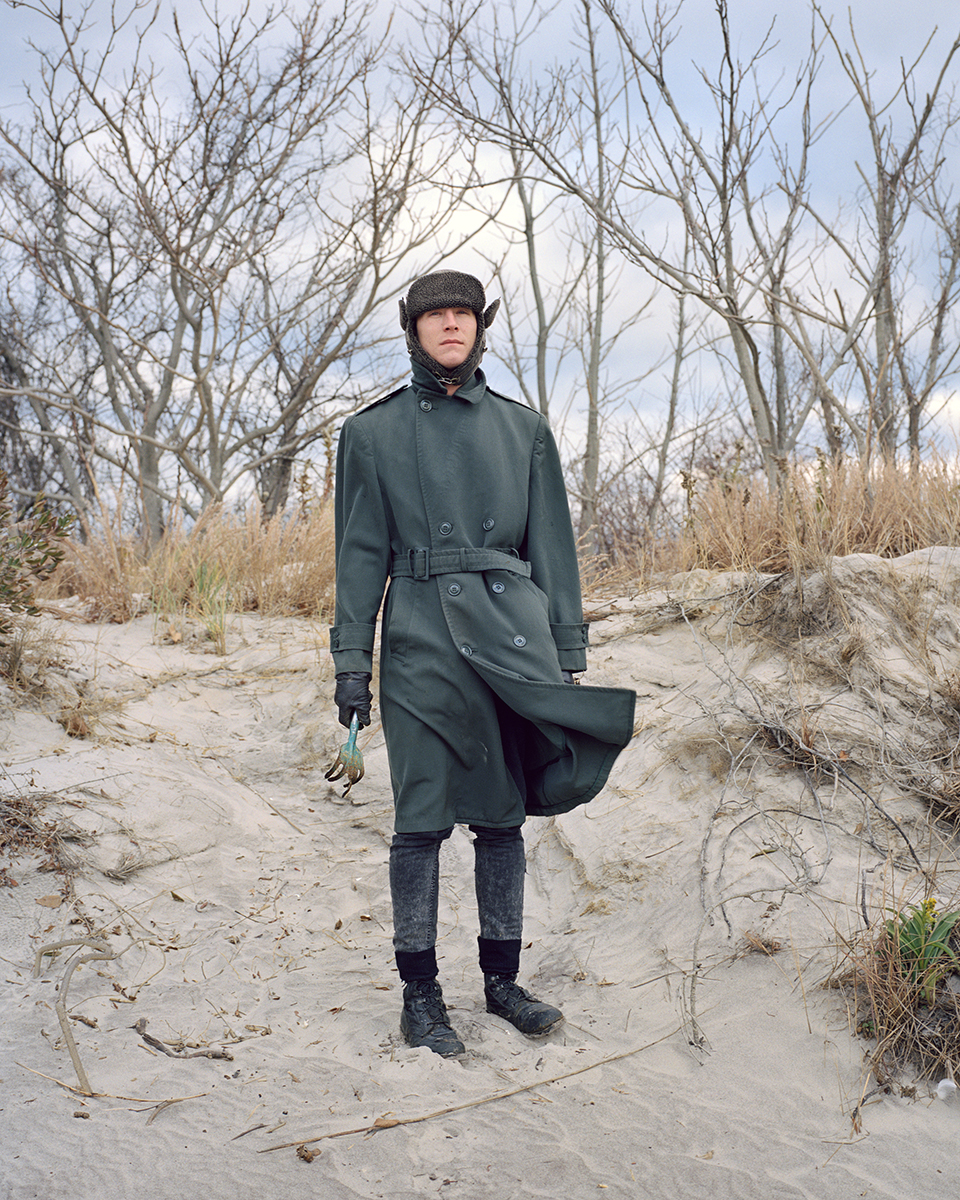
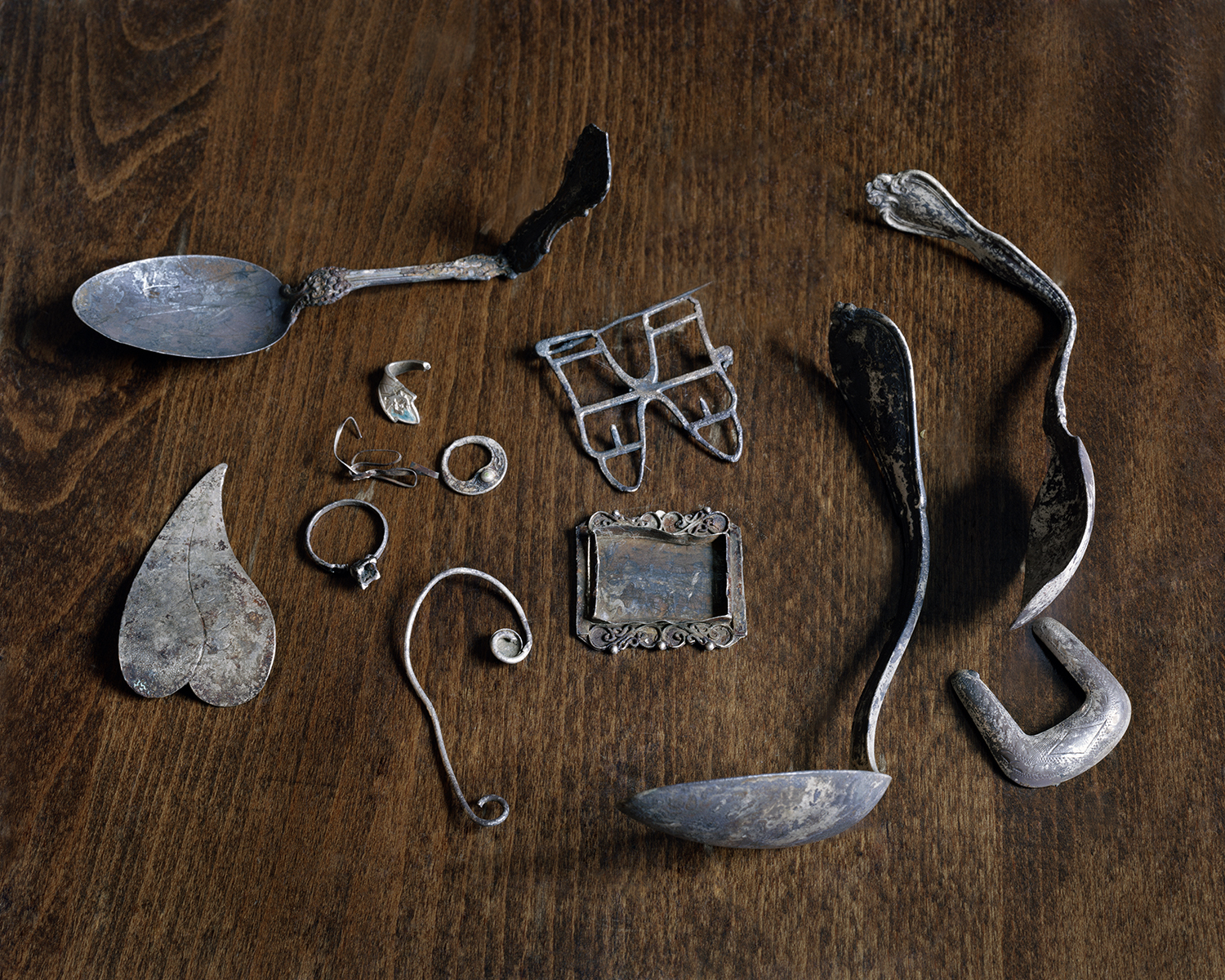
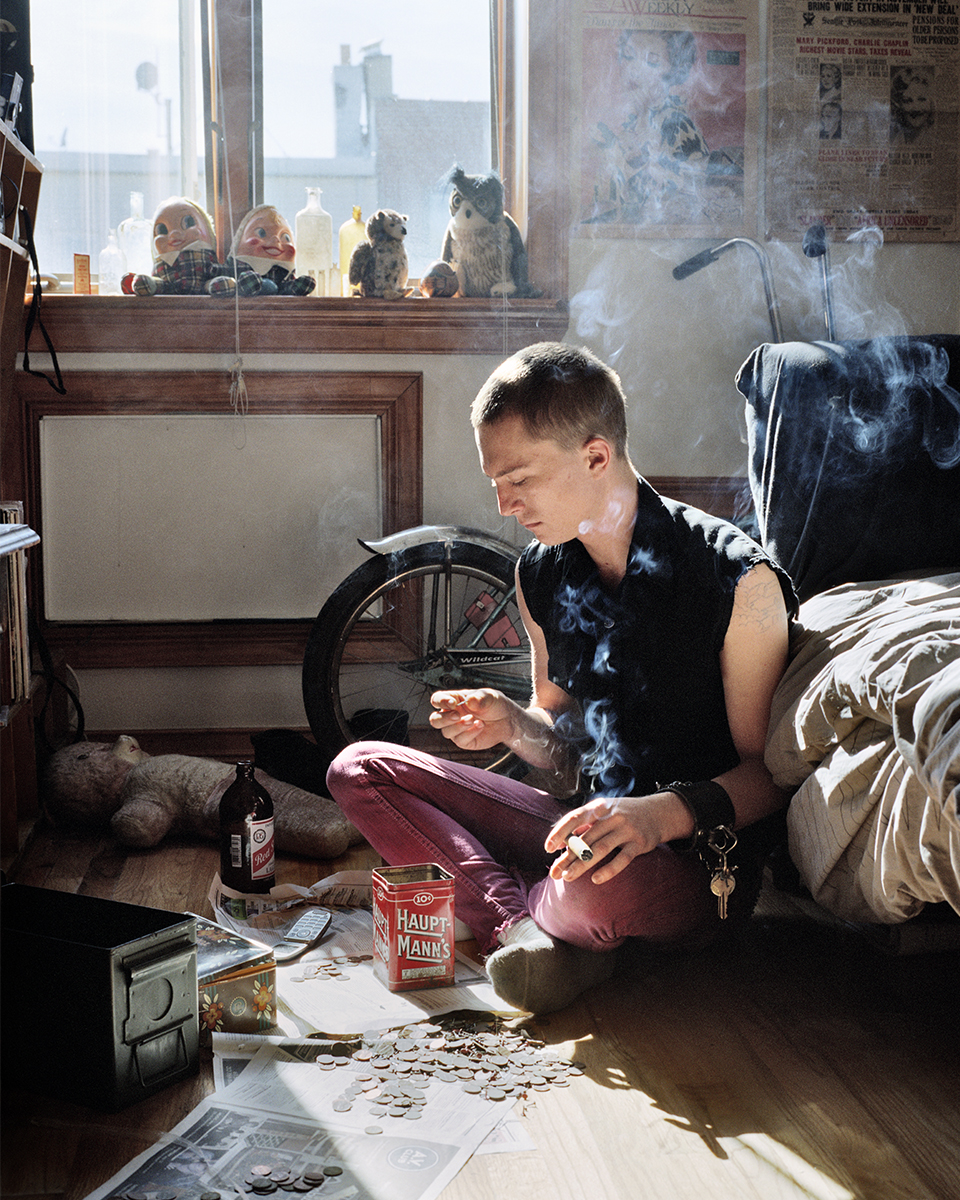
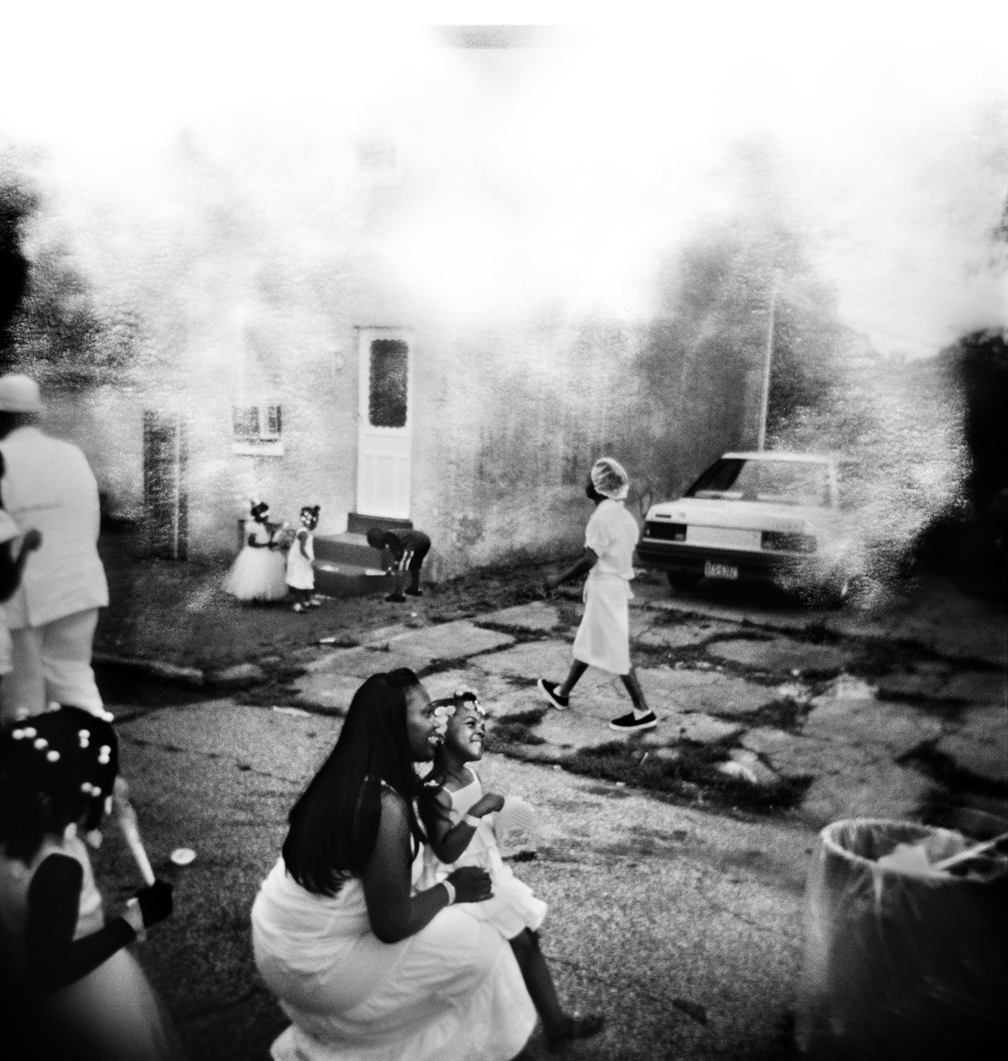
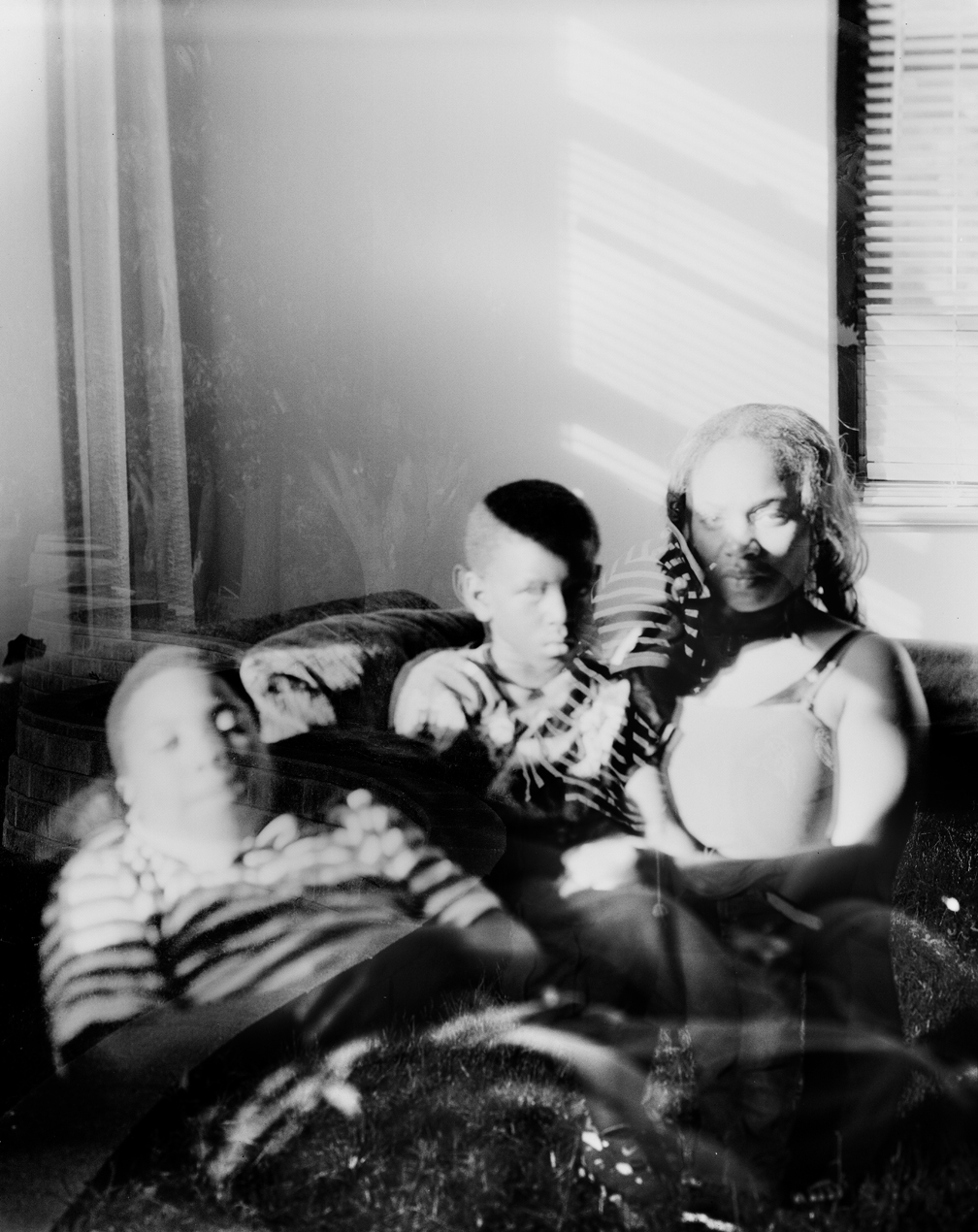
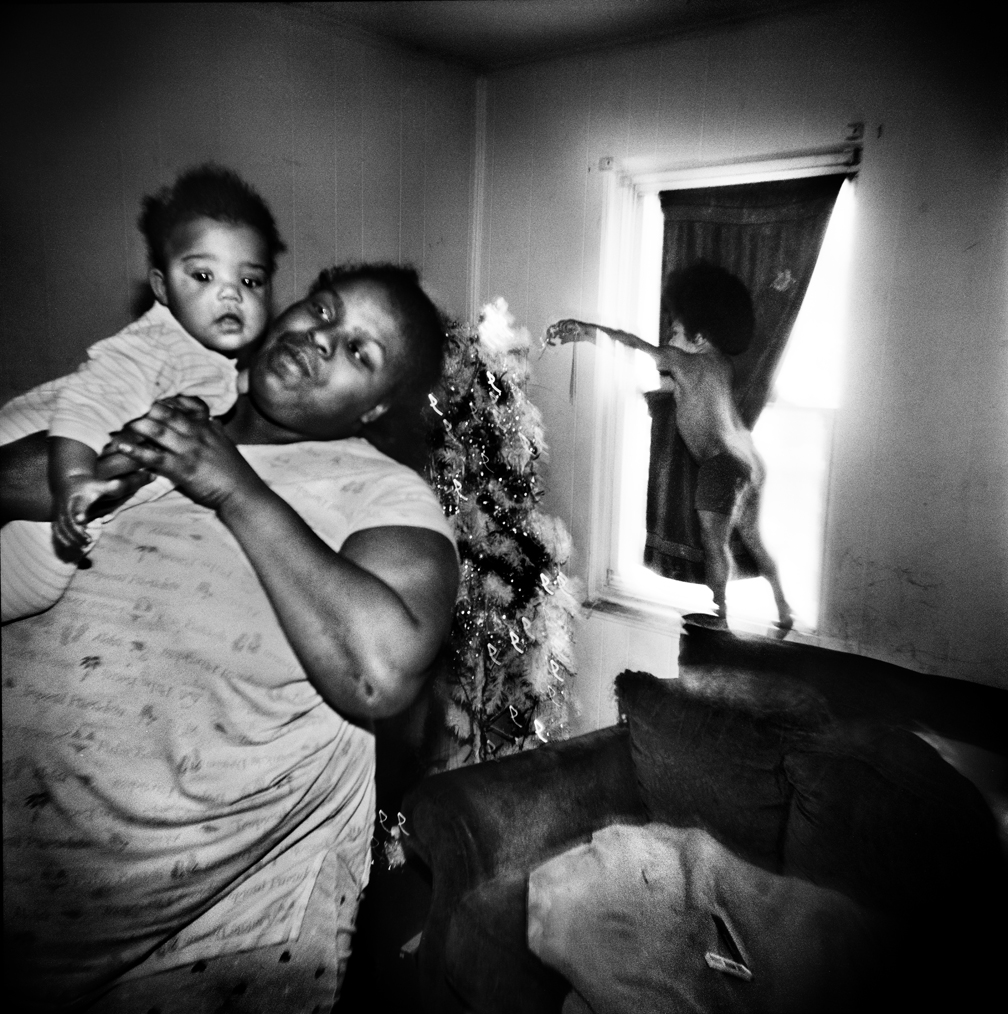
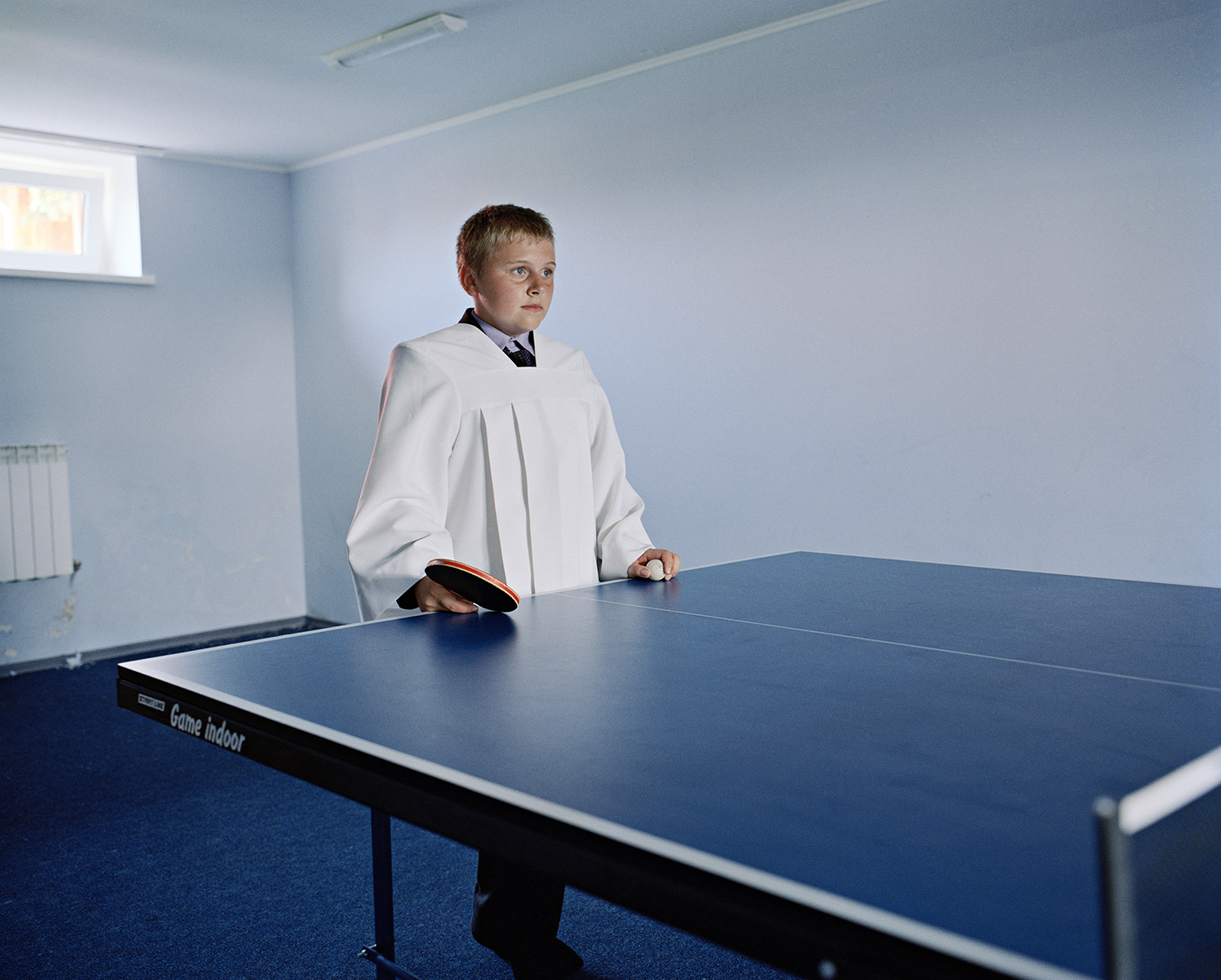
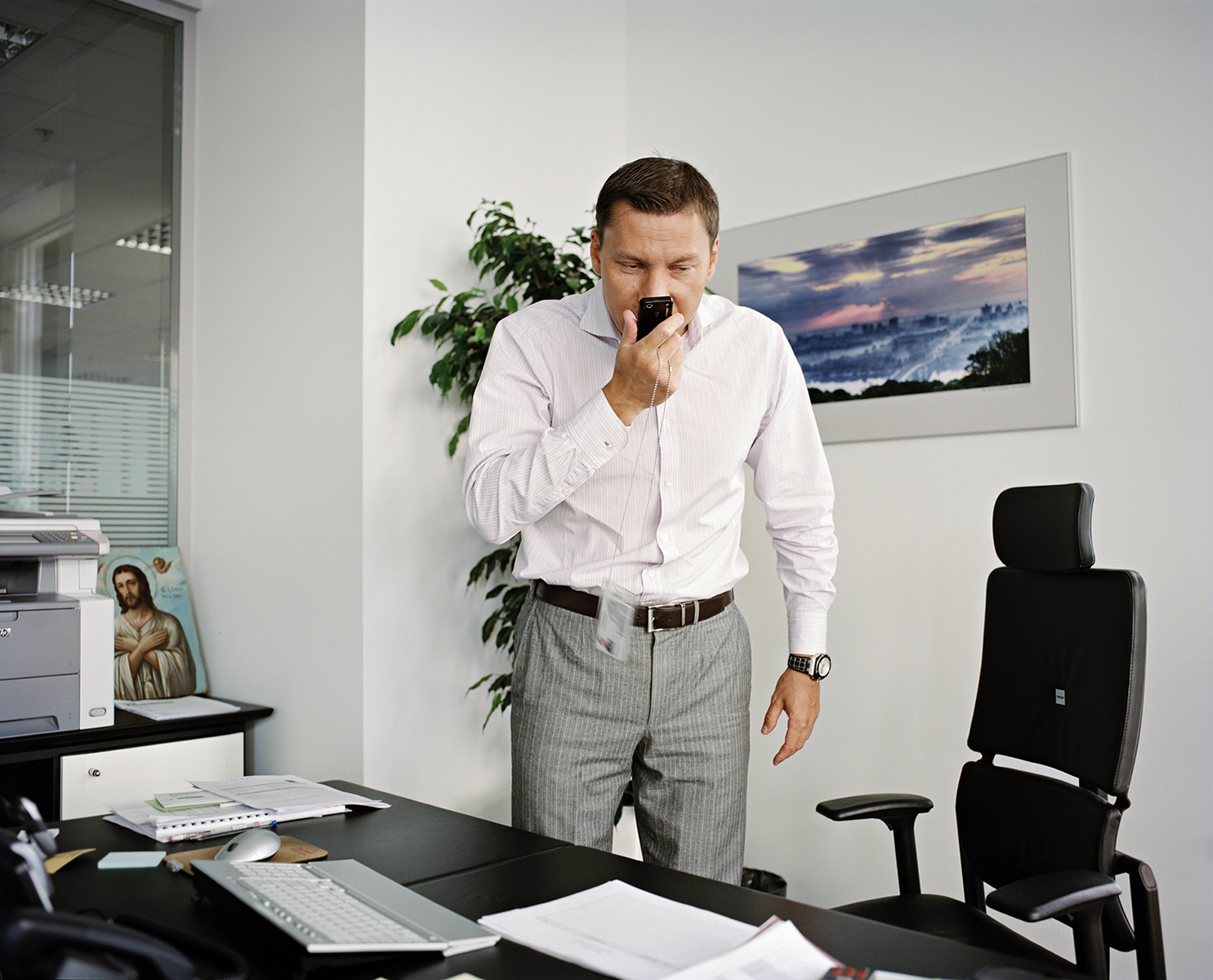
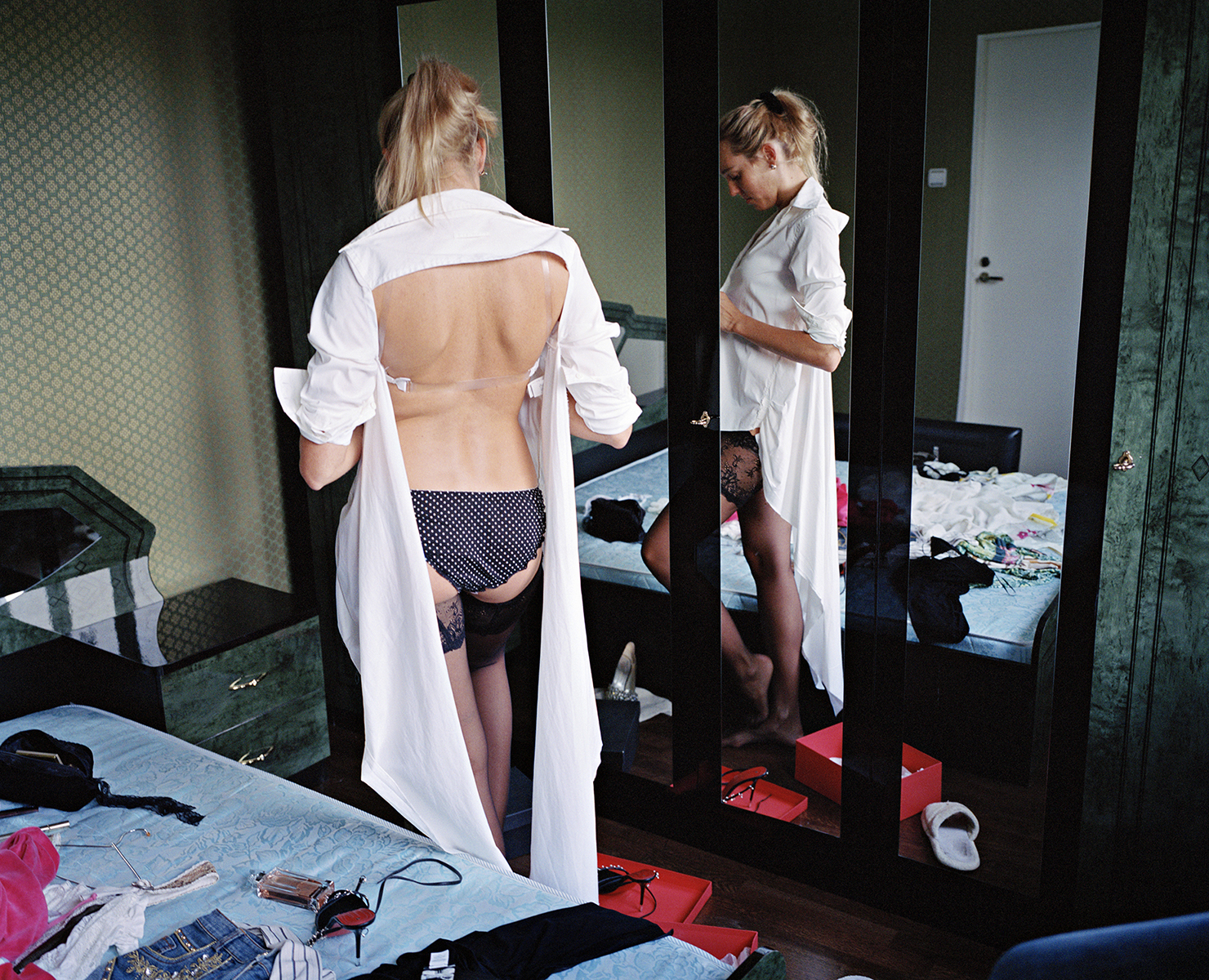
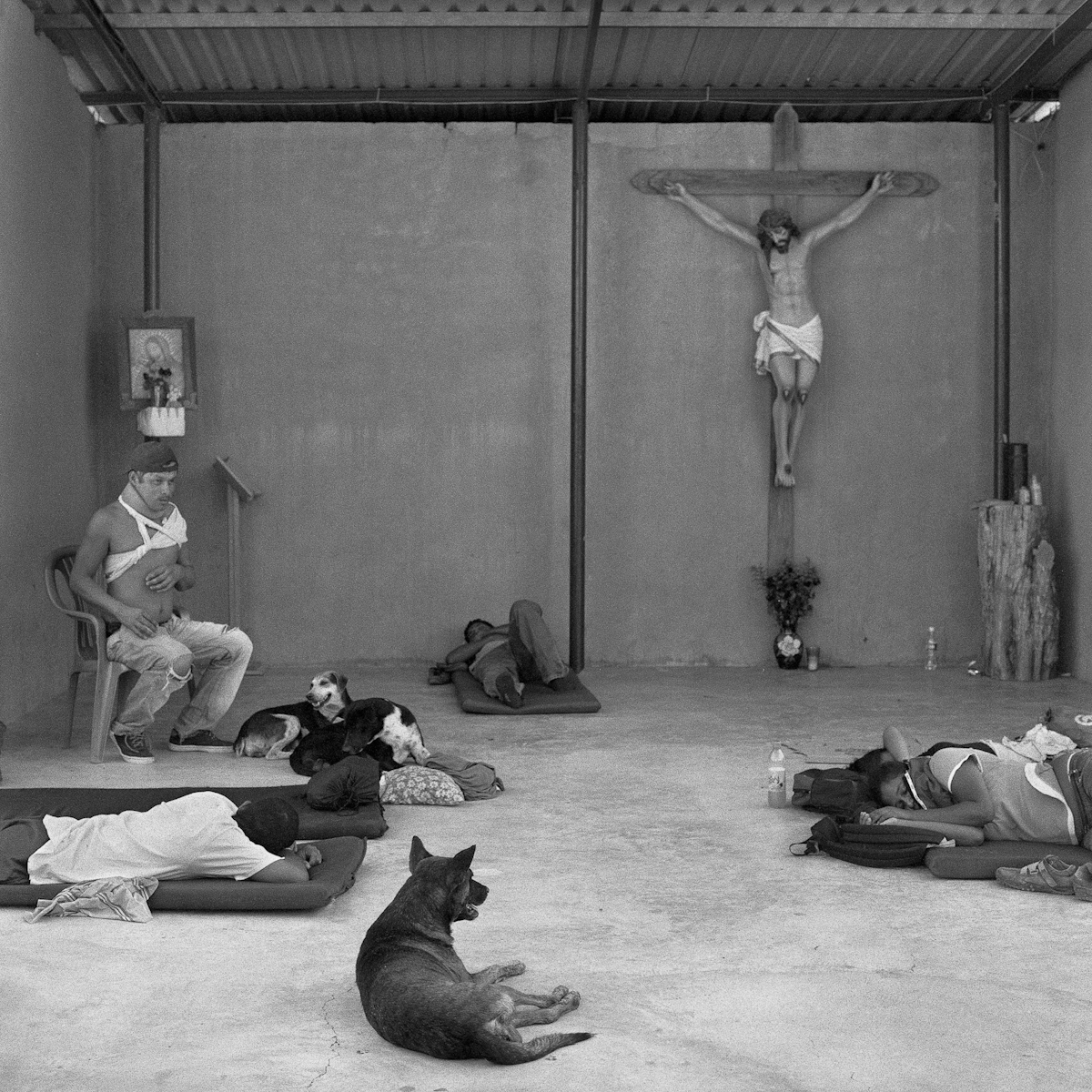
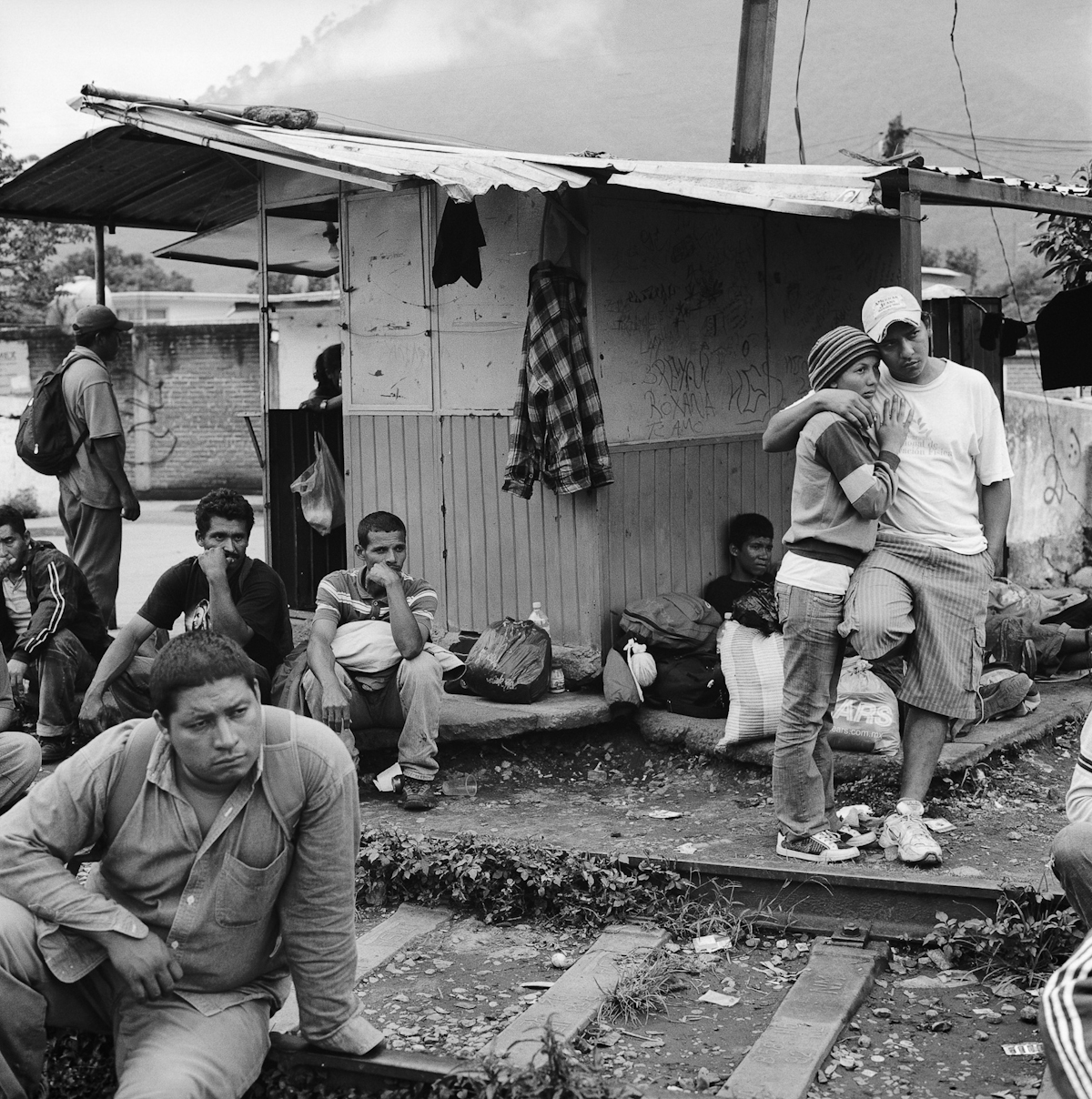
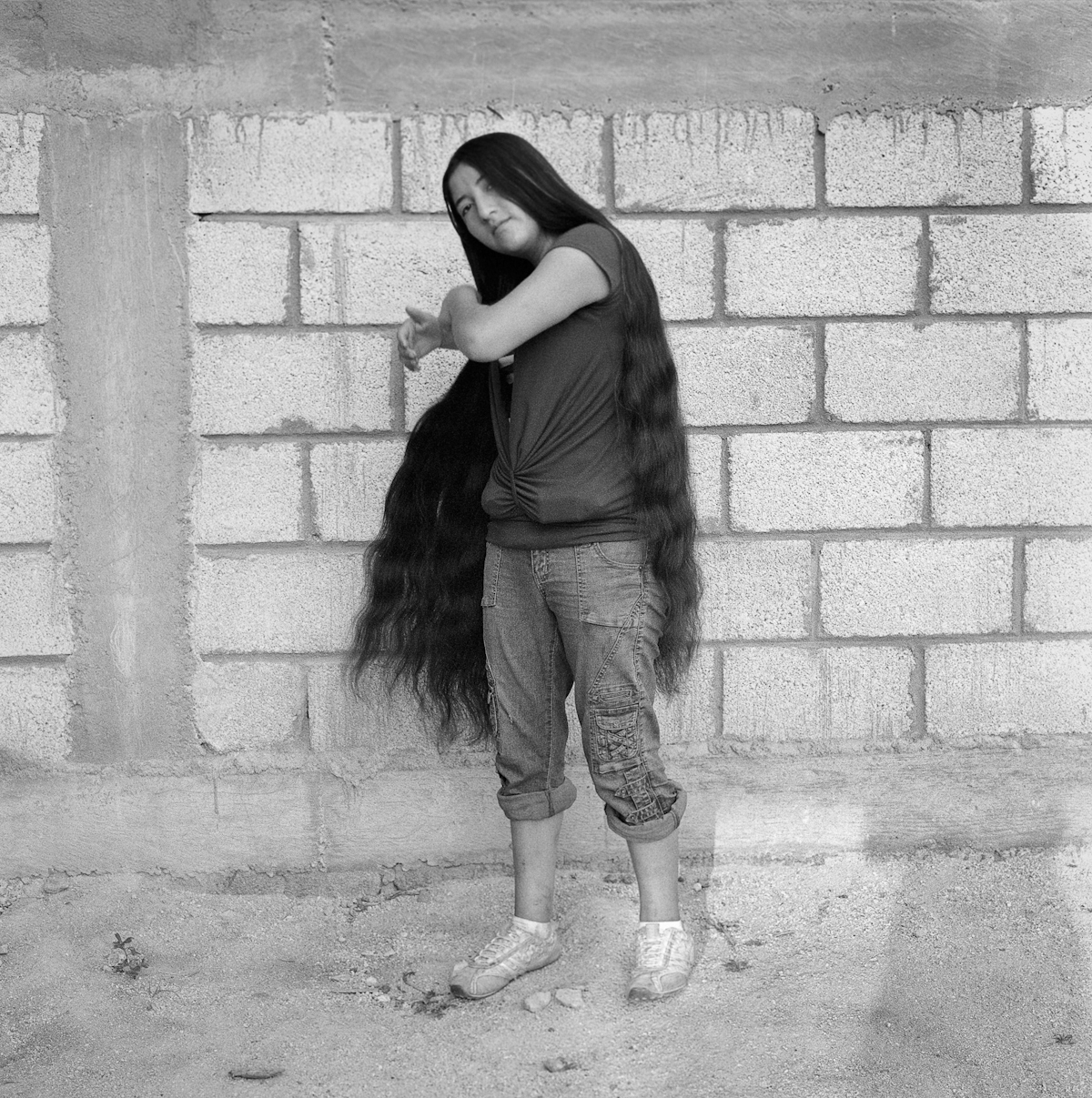
More Must-Reads from TIME
- Cybersecurity Experts Are Sounding the Alarm on DOGE
- Meet the 2025 Women of the Year
- The Harsh Truth About Disability Inclusion
- Why Do More Young Adults Have Cancer?
- Colman Domingo Leads With Radical Love
- How to Get Better at Doing Things Alone
- Michelle Zauner Stares Down the Darkness
Contact us at letters@time.com